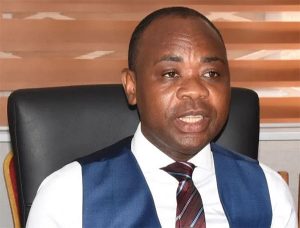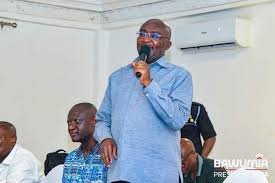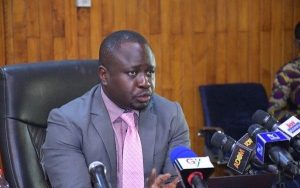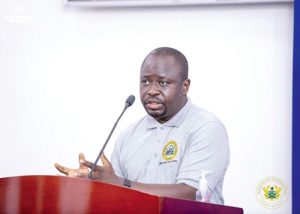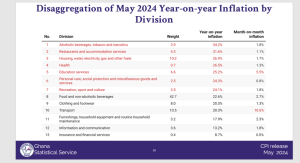Ghana’s economy is on the path of recovery, with Fitch Solutions projecting that economic growth will accelerate to 3.7 percent in 2024.
Fitch, in a report, said the possible increase in growth rate will ease price pressures owing to more favorable exchange rate dynamics as consumer activity strengthens.
Fitch Solutions, however, maintained its forecast that the Ghanaian economy would expand by 3.0 percent in the 2023 financial year due to high inflation and fiscal prudence under the country’s International Monetary Fund program, which weighs on domestic demand.
It said an increase in demand for imported goods and services would eventually lead to stronger economic activity in 2024.
However, stronger economic activity will narrow the country’s trade surplus and drag on economic growth.
According to Fitch Solutions, other economic dynamics were set to be on the moderate outlook, as inflation was projected to drop by 18.9 percent in 2024 from 40.5 percent in 2023.
The moderate outlook, it said, was due to statistical base effects, including previous monetary tightening and more favorable exchange rate dynamics. It projected that the exchange rate would strengthen by roughly one percent in 2024.
The World Bank projected that economic growth would slow down in 2024 to 2.8 percent. It said the economy was expected to recover its potential growth by 2025.
Last week, the International Monetary Fund (IMF) gave a thumbs up to the country’s recovery, saying growth this year has proved more resilient than initially anticipated.
The IMF Ghana Mission Chief, Stéphane Roudet, said, “Although all the challenges are not going to be solved overnight, and there is still a lot of work ahead, actions are already generating positive results.”
He was speaking at a press briefing last Friday after the IMF successfully conducted its first review of how the country was performing against targets under the Extended Credit Facility (ECF) program.

Mr. Roudet said Ghana’s economy was beginning to see a turnaround characterized by declining inflation, relative currency stability, an improvement in fiscal space and an improvement in gross international reserves.
He said the turnaround signaled that macroeconomic stability was emerging again, saying, “Growth in 2023 has proven more resilient than anticipated”.
The ECF program and the IMF forecast year-end growth of 1.5 percent of gross domestic product (GDP).
The economy has been battling severe challenges in the last two years, with inflation hitting a 22-year high of 54.1 percent in December 2022 and a public debt above 93 percent of the country’s productivity, measured by GDP.
In July 2022, the government formally approached the IMF for a fund program to support structural reforms and help the economic recovery of the country.
Four months after implementing the program, it appears to be bearing fruit as GDP growth has rebounded strongly, averaging 3.2 percent in the first two quarters of the year.
Inflation has also dropped to 40.1 per cent, while the cedi’s depreciation has slowed from the beginning of the year.


